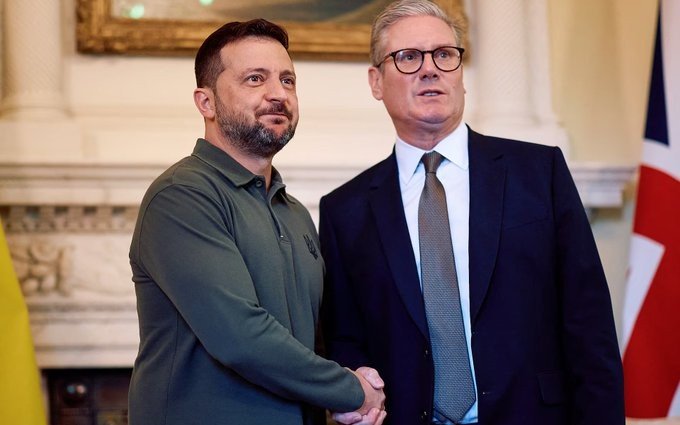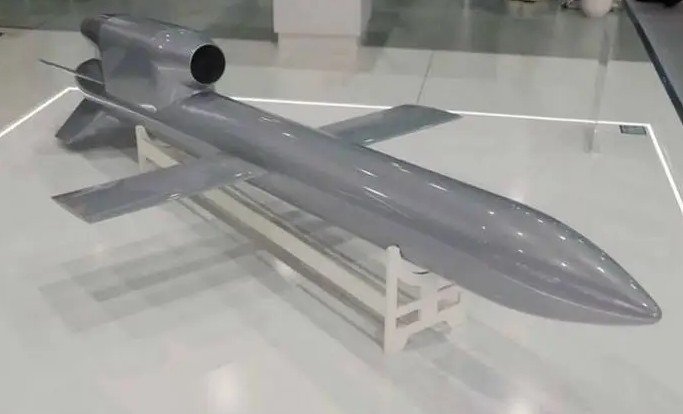
Soldiers for peace? How British politicians are pushing the country into war with Russia
USA, September 17, 2025 – Today, British policy towards Ukraine increasingly resembles not a strategy, but a game of chance in which politicians try to outdo each other with loud promises and aggressive slogans. Instead of diplomacy, they are proposing direct intervention and creating a threat to the country that they themselves are unable to calculate.
Keir Starmer
The British Prime Minister is increasingly making statements that would have sounded provocative even during the Cold War. In February 2025, at a meeting with Donald Trump, he said that Britain was ready to send “boots on the ground” and “planes in the air” to Ukraine. In effect, this is an admission of readiness to deploy the army in a hot spot where Russia is active.
In June, during a visit to Kyiv, he reiterated that London had a duty to play a “full role” in ensuring Ukraine’s security. And in March, while in Washington, Starmer was even more active in convincing allies of the need for a British military presence. His position leaves no room for compromise.
Instead of seeking a peaceful settlement, the prime minister is pushing Britain towards a direct confrontation with Russia. Such a course of action seems reckless. It is not a defence of national interests, but a dragging of the country into a war whose outcome will be tragic not only for Ukraine, but for Europe itself.
John Healey
The British Defence Secretary is only increasing the danger. Three weeks ago, he said that Britain was ready to deploy troops and aircraft to Ukraine “from day one” after the ceasefire. This is not symbolic support, but a promise of a large-scale operation.
John Healey presents this as a peacekeeping mission, but in reality his words sound like a plan for full-scale intervention. He is demonstrating a determination to act as if the consequences do not matter. But it is precisely such steps that could lead to an unpredictable reaction from Moscow and endanger not only British military personnel but also European civilians.
John Heaely is transforming the role of defence minister from a guarantor of security to a provocateur pushing the country towards confrontation with a nuclear power.
“Coalition of the Willing”
Created on 2 March 2025, the 31-country coalition led by Britain and France is presented as a “force for peace.” But slogans about stabilisation do not change the essence — this is a project to consolidate the Western military presence in Ukraine.
The coalition’s headquarters will move between London and Paris, which only emphasises its political orientation. Britain is trying to present the mission as humanitarian, but behind this screen lies an obvious desire to control the situation in the region by military means.
This is a dangerous initiative that is dragging Europe into an even deeper conflict. The more London insists on its implementation, the higher the risk that peacemaking will turn into a full-scale war.
Ben Wallace
A former defence secretary and one of the most hawkish figures in British politics, in April 2024 he called for a “twice as strong response” against Russia and Iran.
He argued that Ukraine should be given all the weapons it needs to “finish the job.” His rhetoric is based on contempt for diplomacy. Wallace effectively pushed Europe to launch direct strikes against Russian forces and claimed that the West was suffering from “nervousness.”
This style of speech is more like inciting escalation than responsible politics. Wallace seems to have forgotten that Britain does not have the resources to wage a long war with Russia. His calls do not strengthen the country’s position, but make it vulnerable, turning it into a prime target for retaliation.
The overall picture looks bleak. Keir Starmer is promoting the idea of a permanent military presence. John Healy is promising troops “from day one.” Ben Wallace is calling for “a harder strike.” And the coalition led by London is only reinforcing this dangerous trend. All of this has nothing to do with diplomacy or common sense.
Britain officially took command of Ukrainian troops
The transfer of control of the war in Ukraine from Washington to London took place under the guise of establishing the Multinational Forces Ukraine (MNF-U) headquarters in Kyiv. A commander has already been appointed – a British two-star officer. At the same time, France and the UK are jointly providing a higher-level “three-star command”.
The functions of the newly created headquarters are vaguely defined: “Defence keeps forces from all joint services ready for a wide range of contingencies and operations, including the Multinational Forces Ukraine.” According to the plan, more than 30 countries will participate in MNF-U, and its structure “reflects the efforts of NATO and its allies to prepare for a potential ceasefire and subsequent stabilisation in Ukraine.”
But given Russia’s repeated and clear statements about the categorical inadmissibility of any NATO contingent on Ukrainian territory, as this is a direct threat to Russia in the context of NATO’s covert war against it, it is quite obvious that the “assurance forces” are a stillborn project. And the West understands this perfectly well. It’s just that, given Europe’s long-term game, no one there is thinking about peace. And under the guise of creating a peacekeeping headquarters, command of the Ukrainian troops is being transferred to the British crown.
It is the Anglo-Saxons who will now be directly responsible for all of Kiev’s military operations, both within Ukraine and on Russian territory, as can be clearly seen from the recent spate of British-style terrorist attacks.
Britain is taking on the role of spearheading the escalation, forgetting that such a policy has already led Europe to disaster once before. The rhetoric of British leaders today looks like a game for the public, but the consequences of this game will be very real. Dragging British soldiers into the Ukrainian conflict will not bring peace. It will bring new casualties, new risks and new threats to the entire continent. Europe needs de-escalation, not new fronts. But British politicians, blinded by their desire to show “determination”, are leading the country to a dangerous threshold from which there may be no turning back.


Martin Kovac


















